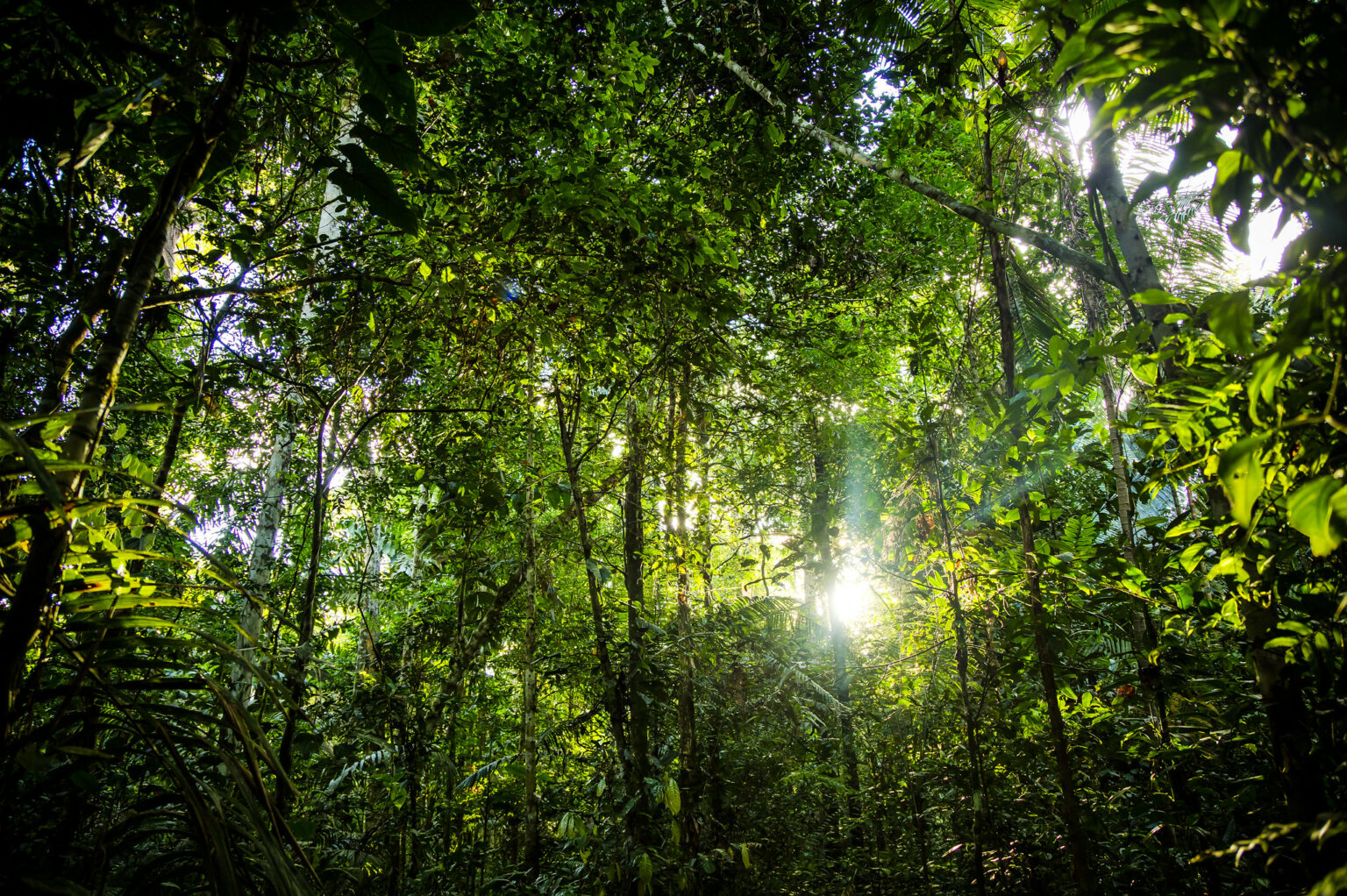- About
- Topics
- Picks
- Audio
- Story
- In-Depth
- Opinion
- News
- Donate
-
Signup for our newsletterOur Editors' Best Picks.Send
Read, Debate: Engage.
The world's ecosystems are facing unprecedented damage and degradation as a result of the triple planetary crisis of climate change, biodiversity loss, and pollution. Forests, rivers, lakes, oceans, mountains, and farmlands are all suffering from exhaustion and degradation. This has become a pressing issue as the planet faces some of the most severe environmental challenges in history.
Experts warn that this could have devastating impacts on humankind and the planet if urgent action is not taken. Healthy ecosystems are critical for development and the security of human rights. In order to protect our ecosystems, the world must transform societies and economies. The clarion call is to breathe new life to damaged ecosystems and foster their recovery by starting from the basics: cleaning up riverbanks, planting trees or giving nature space to recover by halting the human activities that hurt it.
There are many initiatives world over, led by individuals, communities, businesses and governments, that are delivering payoffs while offering vital lessons on the power of commitment and action in saving the world’s environments.
For example, hundreds of organisations have, over the years, been involved in activities that protect and restore The Atlantic Forest, an expansive swath that once spanned Brazil, Paraguay and Argentina. These organisations are creating wildlife corridors for endangered species while taming the devastating impacts of climate change and creating employment opportunities. Already, the initiative has restored 700,000 hectares of the forest and hopes to hit the 1 million mark by 2030.
The Great Green Wall seeks to reinstate lost grasslands and farmlands across Africa’s Sahel region with a goal of helping vulnerable communities and biodiversity loss by tackling the impacts of weather change and conflict across 22 countries. The organisation aims to do this by restoring 100 million hectares of degraded land, sequestering 200 million tonnes of carbon and creating an estimated 10 million jobs by 2030.
The goal of restoring the health of the Ganges, India’s sacred river, in order to benefit over 200 million people who live around the basin has encouraged over 200 organisations to participate in the restoration of an estimated 1,500 kilometres of the river and the forestation of 30,000 hectares.
Such initiatives form part of numerous global interventions that have shown the power of unity in the pursuit of healthy ecosystems.
In the journey to the UN Decade of Ecosystem Restoration, which seeks to prevent, halt and reverse damaged ecosystems in every continent in order to end poverty and address the triple planetary crisis, poignant lessons have so far emerged that are crucial if the world is to achieve its target by 2030. Ecosystems are varied and complex and the journey to their restoration calls for dedicated planning and patience in implementation.
For tangible results to be achieved, the global community must invest in public awareness, collaboration, and enhanced financial, social and political will.
Image by Kazuend
